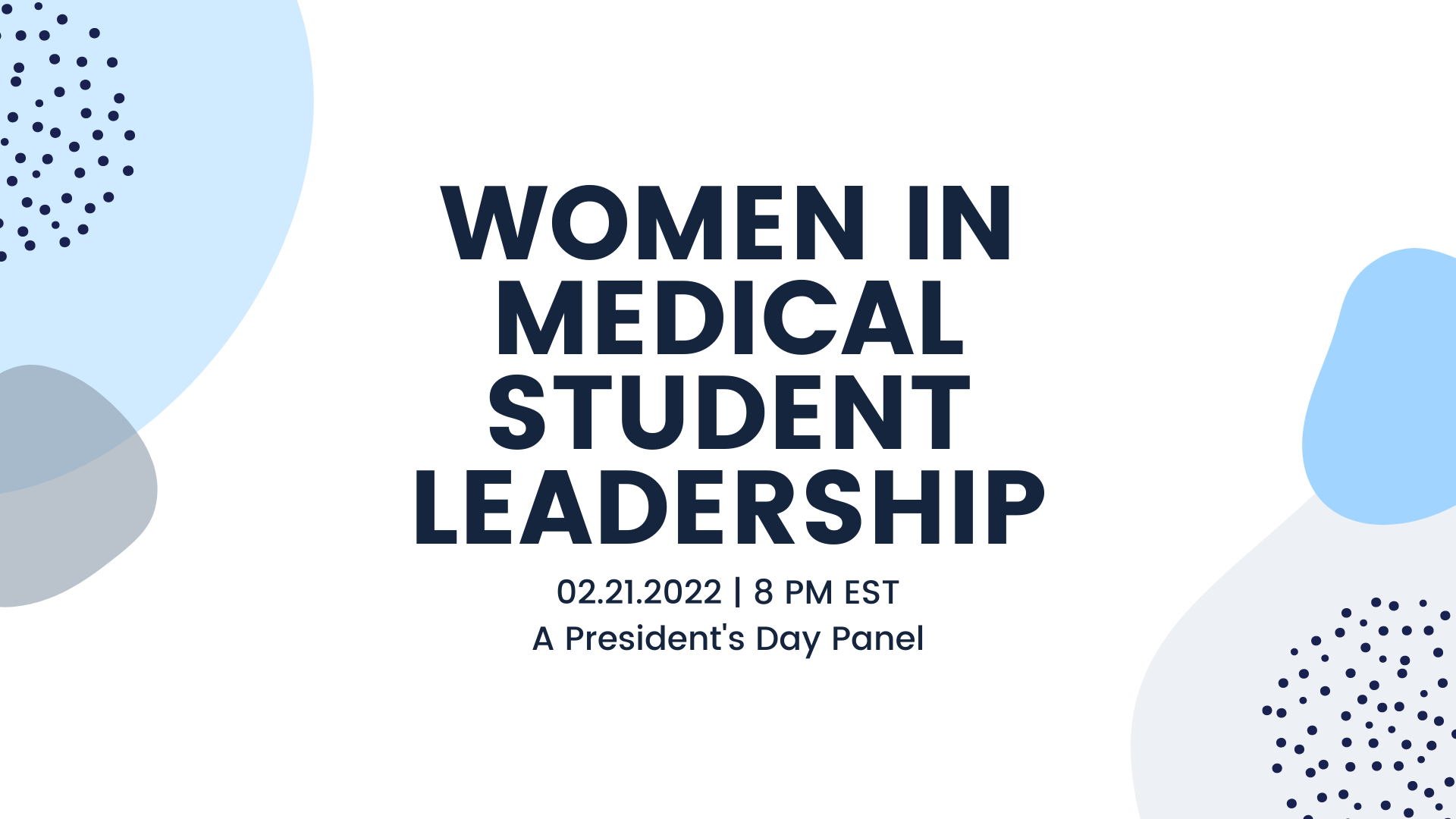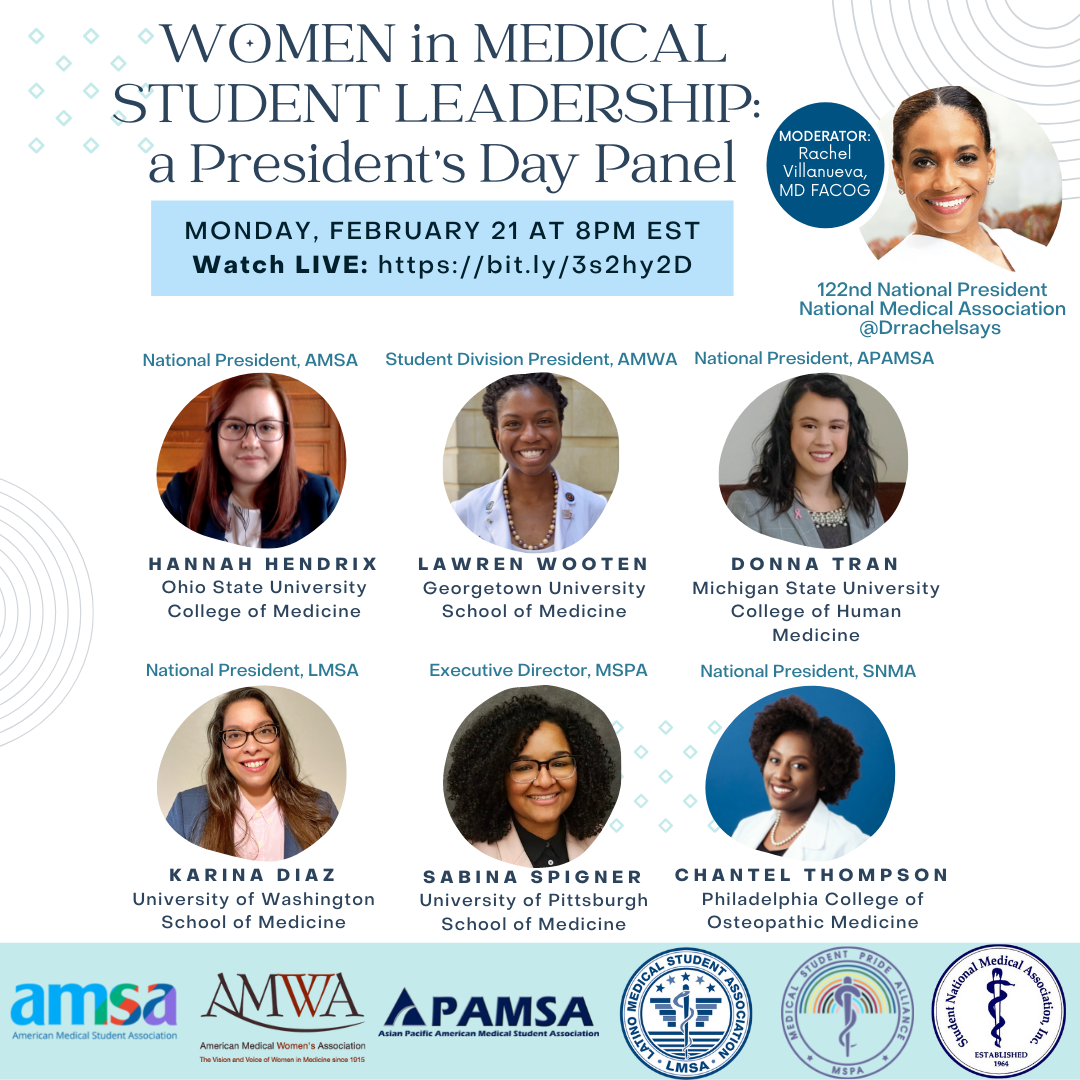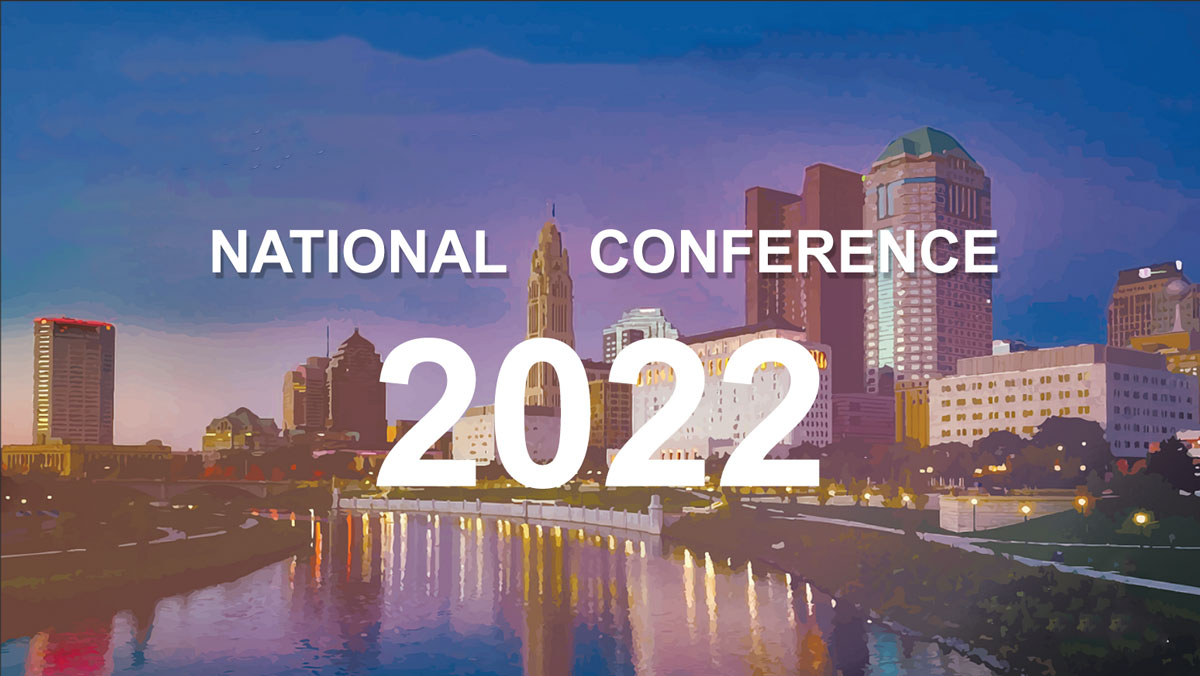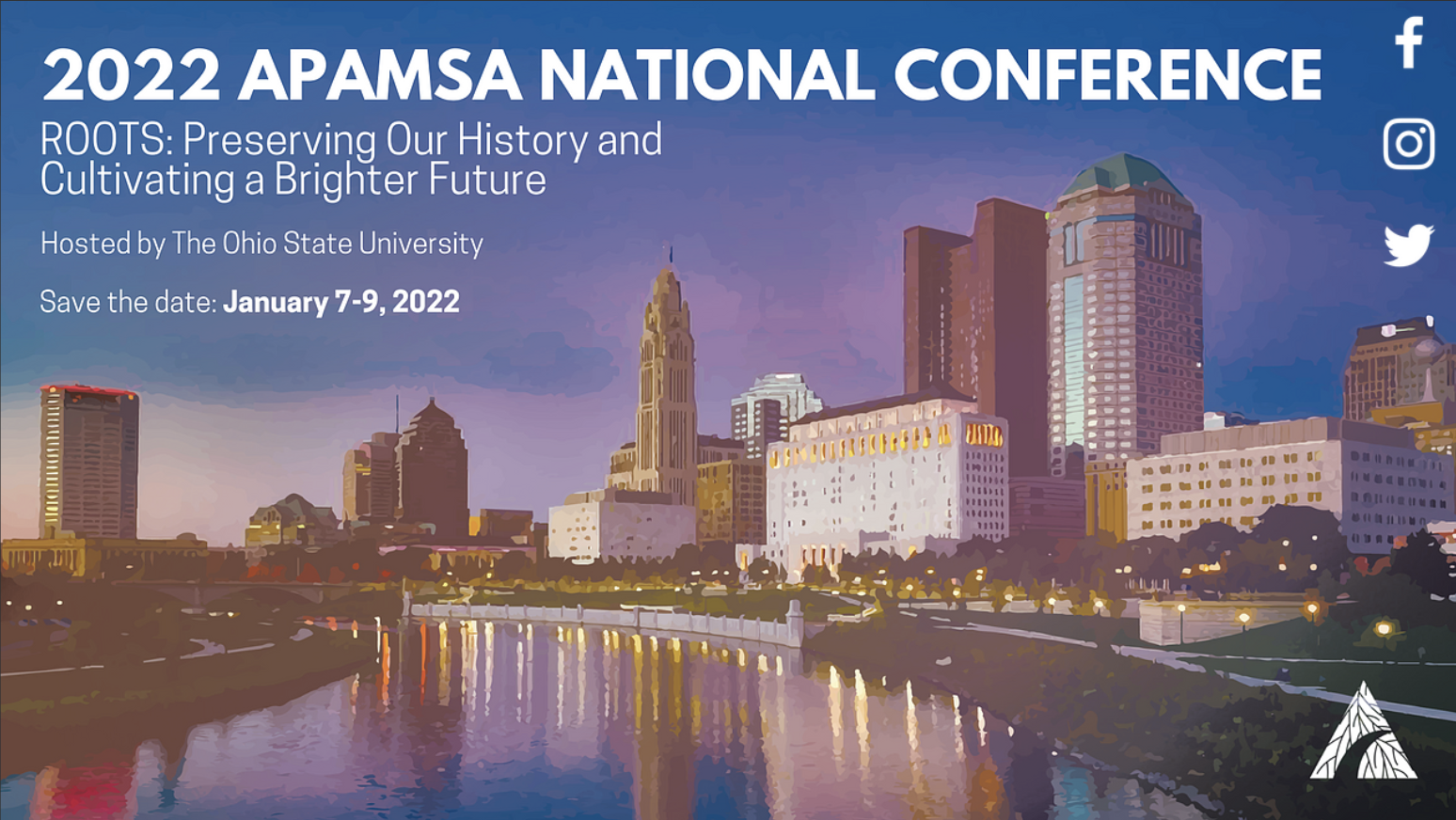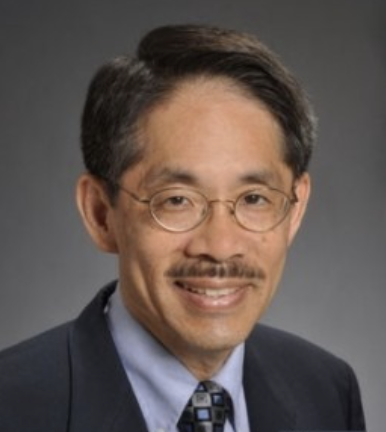Karen Qi, Mental Health Director

Network Director
Hello! My name is Karen Qi, and I’m excited to serve as APAMSA’s Mental Health Director this year! I grew up in the Bay Area, went to college at Rice University, then worked in adolescent mental health research for a couple of years in DC. Currently, I’m a medical student at Hopkins. Outside of school, I’ve been involved in research on Baltimore’s history of deinstitutionalization, MedChi (Maryland’s physician society), and Bamboo Sprouts (a student organization that helps connect Asian adoptees with their cultural backgrounds). In my free time, I love to dance, collect records, and snowboard!
Zheng Hong Tang, Director of Organized Medicine

Network Director
Hi! My name is Zheng Hong Tan and I am a 6th year MD/PhD student at the Ohio State University College of Medicine. I was born and raised in Singapore and came to Columbus, OH for college and never left! In my free time, I like to backpack and eat and explore new food places – so much so that I actually did my initial filter of med school applications wayyy back based on the food that is available!
Jonathan Weng, Membership Co-Vice President

Network Director
My name is Jonathan Weng, and I am an MS3 at NYU Grossman School of Medicine. I grew up in the Midwest as a child of Taiwanese immigrants, and the tension of living in the narrow space between “Asian” and “American” bruised my bicultural self-identity as an incomplete member of either. Finding a niche as a leader in the AANHPI community during my undergraduate years facilitated my discovery of the beauty in each culture and compelled me to embrace the peculiar opportunity of simultaneously indulging in both. More recently, my experiences as a Regional Director and Membership Vice President have afforded me the rewarding opportunity of collaborating with AANHPI students and leaders in medicine across the nation who have a similar heart and mind for bettering AANHPI health. Outside of medicine, some of my interests include music, basketball, and theology. I look forward to working with and learning from each of you as we seek to understand, appreciate, and leverage the gift of our cultural identities in the context of medicine!
Nicholas Wu, Region VI Co-Director
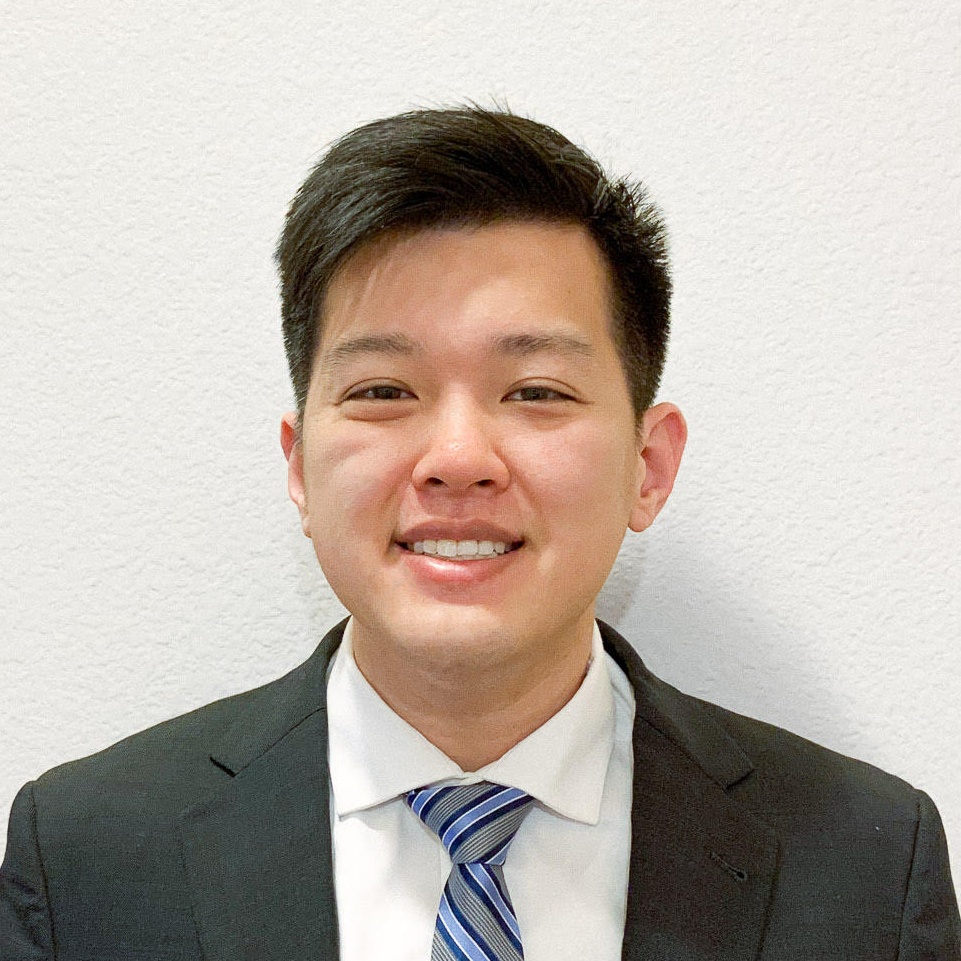
Network Director
Hi APAMSA! My name is Nicholas Wu, but I go by Nick. I’m currently a first-year at Saint Louis University School of Medicine in Missouri, and serve as the chapter Co-President for APAMSA as well as Regional Director for Region VI. I’m originally from the Bay Area, and graduated from UCLA with a degree in Molecular Biology and double minors in English and Biomedical Research in 2019. In my free time, I love learning about music production and practicing my skills as an amateur DJ!
Statement on Christina Yuna Lee and Michelle Alyssa Go
In the early hours of February 13th, Christina Yuna Lee, a 35-year-old Korean American woman, was followed into her New York City Chinatown apartment and stabbed to death by a stranger. Last month, Michelle Alyssa Go, a 40-year-old Asian American woman, was pushed to her death while waiting for a southbound R train at Times Square (1). APAMSA grieves these recent tragedies and recognizes them as the latest in a painfully long list of attacks against Asian Americans even as they have not yet been officially charged as hate crimes (2).
Just as we have in our previous statement, APAMSA denounces these horrifying crimes and all such senseless acts of violence, regardless of their legal designations (3). Anti-Asian hate crimes have been on the rise since the start of the COVID-19 pandemic, with New York City alone experiencing a 361% increase over this past year, leaving Asian Americans across the country fearful for their safety (4). APAMSA firmly and unequivocally opposes every racist act, and we call all our allies to stand in solidarity with the AANHPI community.
Comprehensive anti-racist policies that improve upon the reporting and prevention of all racist hate crimes must be implemented. We will continue to demand that our politicians and legislators acknowledge the tragedies of Lee and Go’s deaths, as well as their broader context of the pandemic of anti-Asian hate that persists.
APAMSA offers its support to all of its members during these difficult times. We have listed below several helpful resources for your reference, and we invite you to reach out with any specific ways we can further assist your chapters.
For questions or concerns about this statement, please reach out to Eric rapidresponse@apamsa.org
If you do not yet have access to our Anti-Asian Racism Toolkit, please fill out this form to request access.
If you or your local chapter wants to get more involved with our advocacy efforts and the AANHPI community, please reach out to Brandon healthpolicy@apamsa.org and Kevin AANHPI@apamsa.org
Please reach out to Nathan mentalhealth@apamsa.org if you are interested in exploring additional ways APAMSA can lend our support during these trying times.
- https://www.nbcnews.com/news/asian-america/nowhere-safe-asian-women-reflect-brutal-new-york-city-killings-rcna16173
- https://www.nytimes.com/2021/06/08/us/asian-american-attacks.html
- https://www.apamsa.org/2021/02/15/rapid-response-statement-on-the-recent-violence-against-apia-communities/
- https://thehill.com/blogs/blog-briefing-room/news/585405-anti-asian-hate-crimes-in-nyc-rose-361-percent-police
Women in Medical Student Leadership Panel
Date: Feb 21, 2022 8:00 PM Eastern Time (US and Canada)
STREAM HERE: https://bit.ly/3HrMxK
Spend an evening with the student leaders from the American Medical Student Association (AMSA), American Medical Women’s Association (AMWA), Asian Pacific American Medical Student Association (APAMSA), Latino Medical Student Association (LMSA), Medical Student Pride Alliance (MSPA) and the Student National Medical Association (SNMA) as they discuss the road to national leadership, their roles and how they push their organizations forward while balancing the demands of medical school.
Madeleine Wong, Communications Vice President
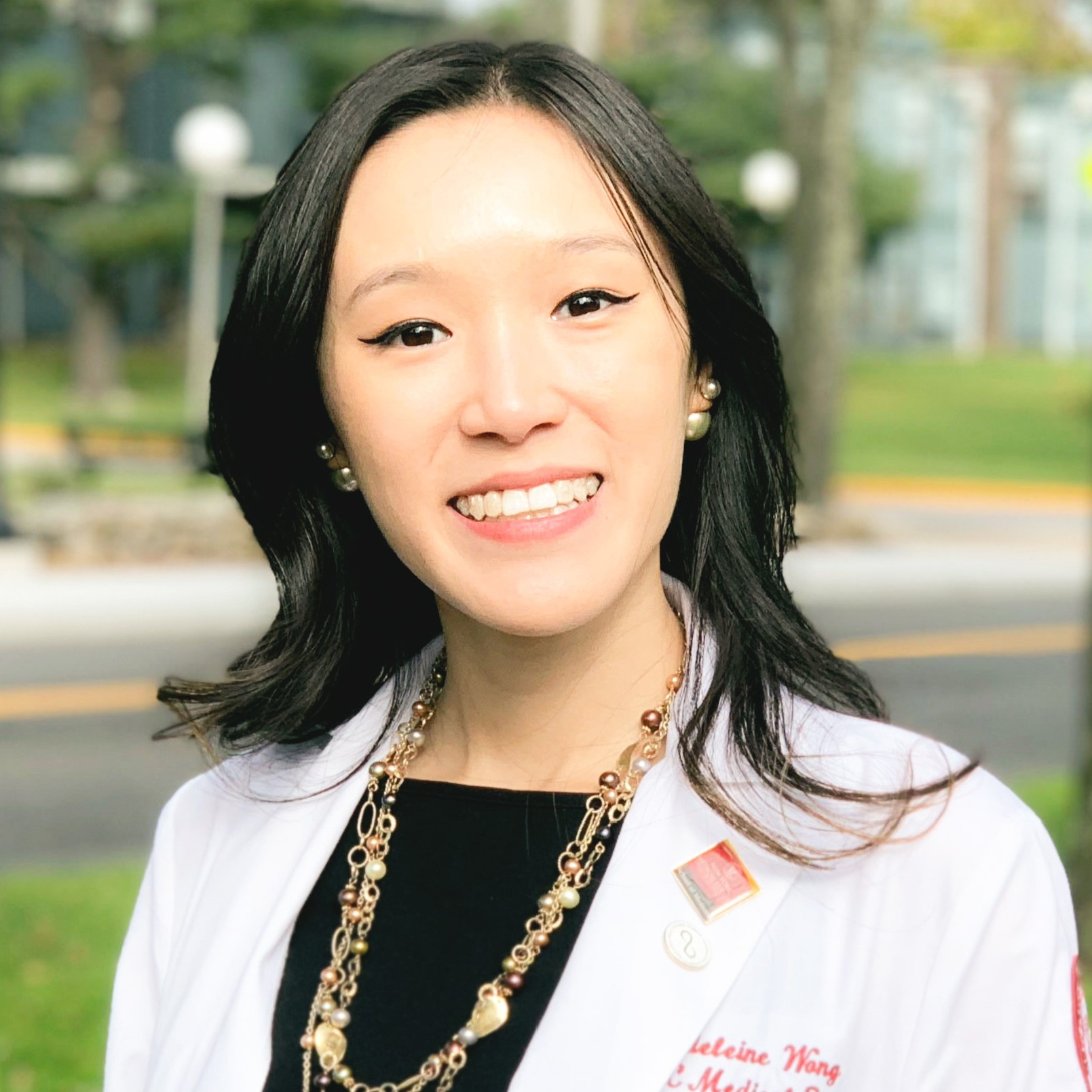
Network Director
Hello! My name is Madeleine Wong, I also go by Maddy! I am a fourth year medical student at New York Medical College (NYMC). This is my second term serving as the Communications Vice President, and third term on the National Board. My journey with APAMSA started as a mere local chapter member at NYMC from which I succeeded as chapter president. I participated in the 2019 National Conference as a member of the House of Delegate (HOD), became involved as a Hepatitis B/C Conference committee member, and officially joined National APAMSA as one of the Hepatitis B/C Directors before becoming the Communications Vice President. I am so grateful to have been apart of the APAMSA family throughout my medical school career, and so excited to see what’s more to come! Experiences in healthcare inequity, especially those unique to the AANHPI population, are no stranger to me or my family. Being able to contribute to an organization that addresses these disparities to empower the community of which I grew up in, has been a privilege. In my free time, I am an artist by nature – I love photography, graphic design, painting, drawing, you name it! Additionally, I am a dog-lover and spend a lot of time with my Australian Shepherd, Bourbon.
Statement on White House AANHPI Initiative
APAMSA Applauds Return of White House Initiative on Asian Americans, Native Hawaiians, and Pacific Islanders to Health and Human Services
On December 9th, the Biden-Harris Administration announced the relaunch of the White House Initiative on Asian Americans, Native Hawaiians, and Pacific Islanders (AANHPI), housed within the U.S. Department of Health and Human Services (HHS).
Like other communities of color, AANHPI communities have been disproportionately impacted by the COVID-19 pandemic. In addition to the exacerbation of long-standing health inequities, we have seen a spike in racist rhetoric, xenophobia, and violence. This public health crisis highlights issues our leaders must address: anti-Asian bias and violence, data disaggregation, the model minority myth, language barriers, and health equity.
APAMSA applauds the Initiative’s return to HHS and the expansion of its name to explicitly include Native Hawaiians–a significant step in reinvigorating this historic endeavor. We look forward to seeing how the Biden-Harris Administration will address the vital concerns of everyone in our communities.
For more information on the White House Initiative on Asian Americans, Native Hawaiians, and Pacific Islanders, see www.hhs.gov/whiaanhpi
For questions or concerns, please reach out to rapidresponse@apamsa.org
2022 National Conference
ROOTS: Preserving Our History and Cultivating a Brighter Future.
DATE: January 7-9, 2021
LOCATION: In-person hosted by The Ohio State University (1739 N High St. Columbus, OH 43210)
CONFERENCE WEBSITE: https://www.apamsa-nc2022.org/
REGISTER HERE
Recap
On behalf of National APAMSA and the OSU APAMSA chapter, thank you for attending the 28th Annual APAMSA National Conference. Thank you for your time, energy, and especially your understanding as we’ve navigated changes to the conference in the midst of the developing pandemic. We hope that this conference has allowed you to celebrate our heritage, learn innovative ways to engage with our community, and connect with our APAMSA family!
To recap our day together: On January 8th, we had our 2022 APAMSA National Conference at the Ohio State University. With over 300 registrants and 20 speakers/panelists, we’ve explored a whole host of topics, from tips for premed students to challenges we face as an AANHPI health professionals. Our theme this year, “Roots: Preserving Our History and Cultivating a Brighter Future”, highlights the turmoil we have faced throughout the challenging periods of a pandemic and reflects on the disproportionate impact that it has had on the AANHPI community, including targeted racism and assaults. However, we want to use this time to celebrate our heritage and use the lessons from our most difficult moments to move forward towards a brighter future.
Our first keynote address was given by Dr. Linton Yee, whose work as an Associate Dean for Admissions at the Duke University School of Medicine seeks to improve admissions strategies and ensure a fair, unbiased, and inclusive medical student admissions process. In his address, Dr. Yee highlighted the microaggressions and prejudice inflicted upon our AANHPI medical community and the importance of AANHPI representation in academic medicine. We continued our day with many wonderful speakers and panelists, including Dr. Gregory Lam & Dr. Anita Somani, who spoke about advocacy and getting involved with legislation as healthcare professionals, Dr. Andrew Keaster, who taught us to provide respectful values-based patient centered care for our transgender community, and Dr. Peter Lu, whose session on tips in finding and performing our research inspired us to identify our passion. Although this is a short, limited recap, we are incredibly grateful for all of our speakers and panelists who made the effort to impart their wisdom to our attendees.
Our research session had an unprecedented number of submissions and presentations, with more than fifty posters to learn from! Our APAMSA members are so accomplished, and will continue to be. You can read more about the abstracts at the poster session, and see who won research awards below!
The alumni and pre-medical programming served to connect our residents and physicians and future medical student colleagues. Our alumni were able to connect with each other in-person during our alumni mixer, while our pre-medical attendees were able to get tips on applying to medical school, practice mock-mini interviews, and ask questions to our medical student panel!
We also had our closing keynote speaker, Dr. O.N. Ray Bignall II, whose work as the Director of Kidney Health Advocacy addresses the social determinants of child health, kidney disease, and transplantation through community-based scholarship, engagement, and advocacy. As a 40 Under 40 Leader in Minority Health by the National Minority Quality Forum and the Congressional Black Caucus Health Braintrust, Dr. Bignall spoke about five key points for survival as a minority in medicine and inspired us to continue building our culture and community of support throughout these challenging times.
Lastly, we ended the day with awards, raffles, and the results of our National Board elections. CONGRATULATIONS to all of the chapters and individuals who received an award for their passion and dedication to our AANHPI community. You can view Chapter and National Individual Awards (Youtube Link) recipients, the President’s Award for Distinguished Service (Youtube Link) recipients, raffle prize winners and the incoming 2022-2023 National Board below.
Thank you again to all of you, our attendees and our APAMSA National Conference Directors, 2021-2022 National Board, and OSU chapter. Although we miss the National Conference already, we are looking forward to the next time we will all meet again in 2023 and hopefully again, in-person. Till then, please stay safe, healthy, happy, and keep celebrating our ROOTS and our GROWTH.
Sincerely,
Your 2022 APAMSA National Conference Team
Conference Details
On behalf of the Ohio State University College of Medicine, we are excited to invite you to APAMSA’s 28th Annual National Conference on January 7th-9th, 2022 in Columbus, Ohio.
This year, the National Conference theme is “ROOTS: Preserving Our History and Cultivating a Brighter Future.” As we continue to navigate through the COVID-19 pandemic, we reflect on the disproportionate impact that it has had on the Asian American, Native Hawaiian and Pacific Islander Desi American (AANHPIDA) community, including targeted racism and assaults. The APAMSA National Conference this year will serve as an important opportunity to celebrate our heritage and use the lessons from our most difficult moments to move forward towards a brighter future.
We have invited an amazing group of speakers and panelists who strive to inspire a new generation of advocates for the AANHPIDA community and patients across the nation. It will be a unique opportunity to hear and learn from the experiences of these wonderful leaders who have a passion toward serving the AANHPIDA community.
We are excited for what is in store for this conference, and we encourage everyone to attend! Whether you are a pre-health student just beginning your journey, a health professional student pursuing your dream, or a community member that is passionate about learning more about the AANHPIDA community, please consider joining us for our conference! Looking forward to meeting you in January!
– 2022 APAMSA National Conference Directors
Keynote Speakers
Linton Yee, MD
As Associate Dean for Admissions, Dr. Yee provides administrative oversight for the medical student admissions process and works to develop new initiatives to improve admissions strategies and initiatives. He works closely with the Assistant Dean of Admissions and Admissions Committee members to ensure a fair, unbiased, and inclusive admissions process. Dr. Yee is responsible for assuring ongoing compliance with the Liaison Committee on Medical Education (LCME) standards and elements related to admissions as well as maintaining relationships with local, regional and national pre-med organizations, participating in student recruitment activities, and assisting with pipeline program development.
Dr. Yee is an associate professor in the Department of Pediatrics, Division of Emergency Medicine. He was the interim co-associate dean of admissions in 2017 and had been the vice chair and chair of the School of Medicine’s Admission Committee prior to that. In addition, he was the clinical course director for the Body and Disease class in the School of Medicine from 2009 to 2019. He is also the Asian Pacific American Student Association (APAMSA) faculty advisor and leader of the student faculty show band.
Dr. Yee graduated from the University of Hawaii John A. Burns School of Medicine and did his residency in pediatrics at Harbor-UCLA Medical Center, followed by a fellowship in pediatric emergency medicine at Children’s Hospital of Los Angeles. Before joining Duke in 2007, he worked at Kapiolani Medical Center for Women and Children in Honolulu, Hawaii, at Harbor-UCLA Medical Center in Torrance, California, and at Rady Children’s Hospital in San Diego, California.
O. N. Ray Bignall II, MD, FAAP, FASN
O. N. Ray Bignall II, MD, FAAP, FASN is Director of Kidney Health Advocacy and Community Engagement in the Division of Nephrology and Hypertension at Nationwide Children’s Hospital, and Assistant Professor of Pediatrics at The Ohio State University College of Medicine. A graduate of Howard University and Meharry Medical College, Dr. Bignall completed his general pediatrics residency, clinical fellowship in nephrology, and NIH post-doctoral research fellowship at Cincinnati Children’s Hospital Medical Center.
As a physician-advocate, Dr. Bignall’s work addresses the social determinants of child health, kidney disease, and transplantation through community-based scholarship, engagement, and advocacy. He is an appointed Fellow of the American Society of Nephrology (ASN); the Inaugural Chair of the ASN’s Health Care Justice Committee; and serves as a member of the Council on Medical Legislation for the National Medical Association. Dr. Bignall is a recipient of the American Academy of Pediatrics Community Access to Child Health (CATCH) Award; a John E Lewy Fund Advocacy Scholar of the American Society of Pediatric Nephrology; and was named a 40 Under 40 Leader in Minority Health by
the National Minority Quality Forum and the Congressional Black Caucus Health Braintrust.
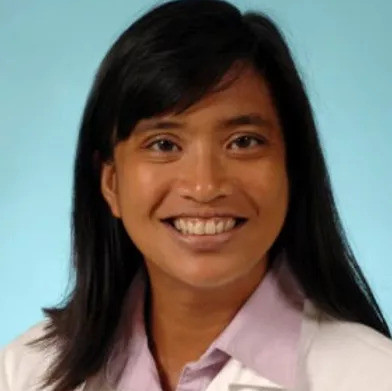
Lisa Moscoso, M.D., Ph.D.
Associate Dean for Student Affairs, WUStL
Opening
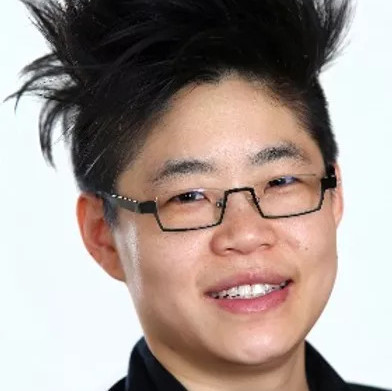
Jessica Guh, M.D.
Family Medicine Obstetrics, Seattle WA
Closing
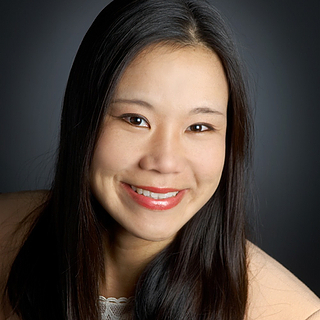
Eriko Onishi, M.D.
Assistant Professor of Family Medicine, OHSU
Topic: Care and Cultural Diversity at the End of Life
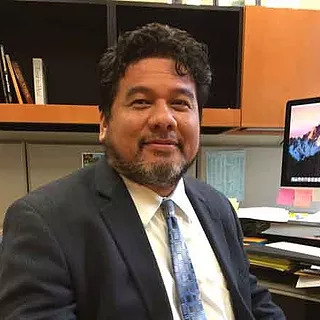
Joe Pangelinan, PhD
Director of Cultural Awareness and Diversity in WUStL Department of Medicine
Topic: Academic careers in medicine, Under-Representation of APA/AAPI in upper management in medicine
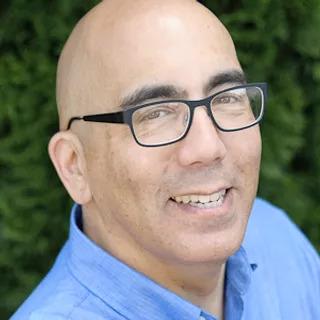
Gordon Hall, PhD
Associate Director of Research in the Center on Diversity and Community & Professor of Psychology, University of Oregon
Topic: APA/AAPI Mental Health
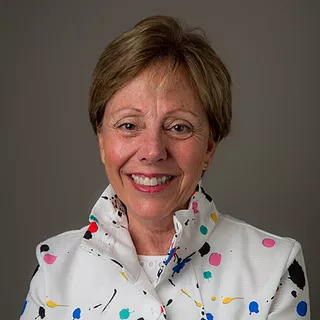
Mary Anne Jackson, M.D.
Dean, Professor – University of Missouri – Kansas City School of Medicine
Topic: Infectious Disease

Angela Zhang
Medical Student at the Warren Alpert Medical School
Topic: APAMSA Anti-Racism Workshop
N/A
Contact Us
Questions? Email us at conference@apamsa.org.
.
